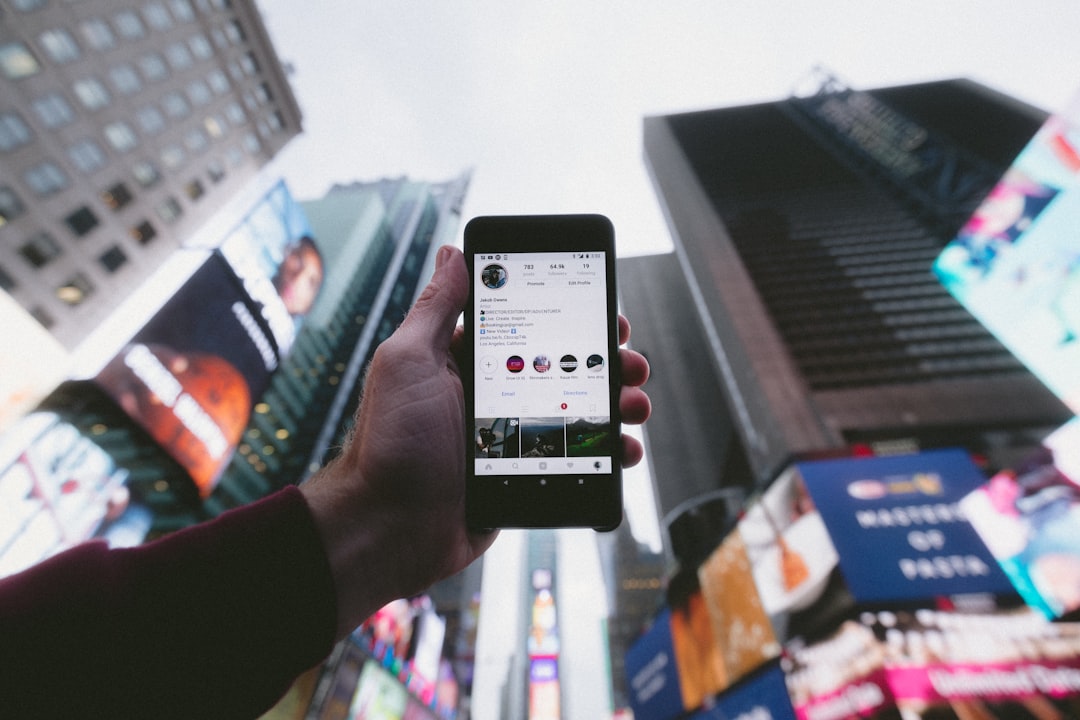Social media has become an integral part of modern life, with billions of people around the world using platforms like Facebook, Instagram, Twitter, and Snapchat to connect with others, share their thoughts and experiences, and stay up to date on news and events. While social media can be a powerful tool for communication and self-expression, it also has a significant impact on mental health.
One of the most significant ways that social media affects mental health is through its potential to exacerbate feelings of insecurity and low self-esteem. The constant stream of carefully curated photos and updates from friends and influencers can create unrealistic expectations for how one should look and behave, leading to feelings of inadequacy and self-doubt. Social media can also be a breeding ground for comparison, as users often find themselves comparing their own lives to the seemingly perfect lives of others. This can lead to feelings of jealousy, resentment, and a sense of being left out or not measuring up.
In addition, social media can contribute to feelings of loneliness and isolation. While social media allows people to connect with others at any time of day or night, these connections are often superficial and lack the depth and intimacy of real-life interactions. Spending too much time on social media can lead to a sense of disconnection from the real world and a feeling of being isolated despite being constantly connected online.
Social media can also have a negative impact on mental health by promoting unhealthy habits and behaviors. For example, the constant exposure to images of thin, airbrushed models on platforms like Instagram can contribute to body image issues and eating disorders. Similarly, the prevalence of cyberbullying on social media can lead to feelings of anxiety, depression, and even thoughts of suicide in some cases. The pressure to present a perfect image online can also lead to feelings of stress and anxiety as individuals strive to maintain a flawless persona at all times.
Despite these negative impacts, social media also has the potential to have a positive effect on mental health. For many people, social media serves as a valuable form of support and connection, allowing them to reach out to friends, family, and even strangers for advice, encouragement, and understanding. Social media can also be a valuable tool for raising awareness about mental health issues and providing resources and information for those in need.
To mitigate the negative impact of social media on mental health, it is important for individuals to set boundaries and limit their use of these platforms. This might involve taking regular breaks from social media, unfollowing accounts that promote unrealistic standards or trigger negative emotions, and being mindful of how much time is spent online each day. It is also important to remember that what is presented on social media is often a carefully curated version of reality, and does not always reflect the full picture of someone’s life.
In conclusion, social media can have both positive and negative effects on mental health. While it has the potential to exacerbate feelings of insecurity, loneliness, and comparison, it can also serve as a valuable form of support and connection for many individuals. By being mindful of how social media affects our mental health and taking steps to protect ourselves from its negative effects, we can harness the power of these platforms to enhance our well-being and overall quality of life.

